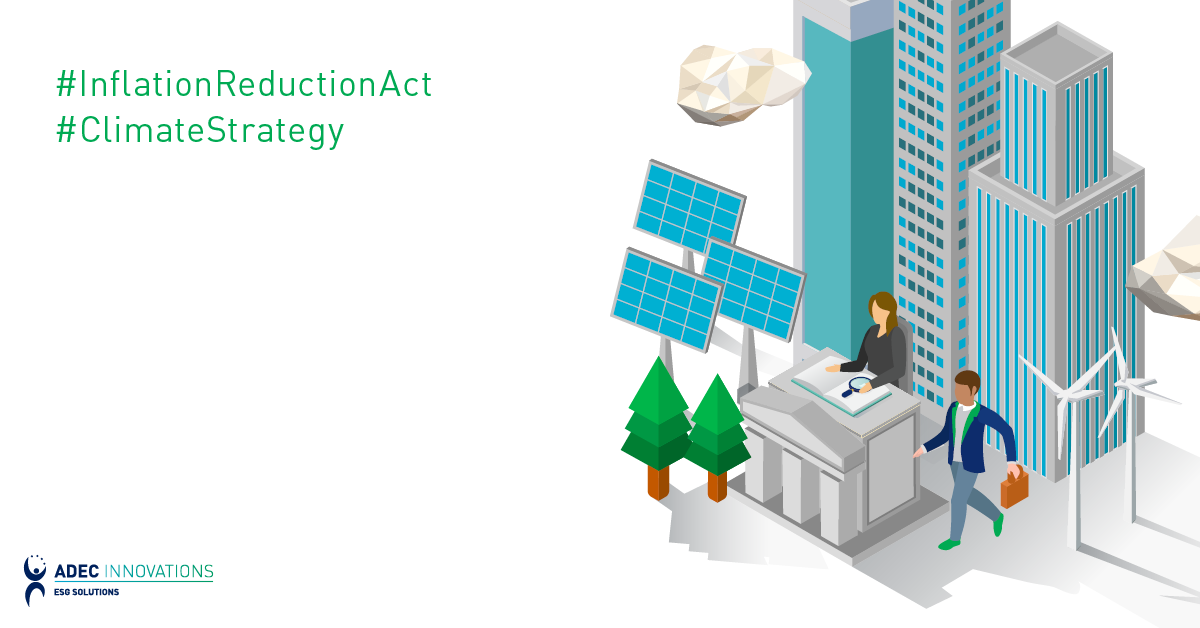 Energy efficiency plays an important role in mitigating climate change and its impacts. By powering more machines and accomplishing more tasks for the same amount of energy, and by using less fossil fuel-generated energy, greenhouse gas emissions can be reduced. In addition to reducing an organization’s carbon footprint, energy efficiency also contributes to the sustainability of an organization by reducing its operational costs.
Energy efficiency plays an important role in mitigating climate change and its impacts. By powering more machines and accomplishing more tasks for the same amount of energy, and by using less fossil fuel-generated energy, greenhouse gas emissions can be reduced. In addition to reducing an organization’s carbon footprint, energy efficiency also contributes to the sustainability of an organization by reducing its operational costs.
Boosting energy efficiency is one of the main objectives of effective energy management. Zealously tracking energy consumption data and utility bills allows for finding areas where efficiency can be improved. Keeping abreast of the latest energy efficiency regulations is also an important part of energy management as compliance to these regulations ensures that energy efficiency measures are on the right track. Meeting or surpassing required baseline standards (and saving more energy), qualifies structures for incentives and the corresponding benefits.
ASHRAE Standard 90.1
Based on a rule recently published in the Federal Register, the US Department of Energy (DOE) now requires new federal buildings to be designed while meeting the more advanced energy efficiency standards specified in the American Society of Heating, Refrigerating, and Air-Conditioning Engineers (ASHRAE) Standard 90.1-2010.
By complying to the ASHRAE 90.1-2010 energy efficiency standards, new federal commercial and multi-family high-rise buildings can save up to 18.2% more energy than following the standards set in its 2007 version.
 AB 1103
AB 1103
The California Assembly Bill (AB) 1103 motivates owners of nonresidential buildings to make energy efficient practices more widespread through energy consumption disclosure.
AB 1103 mandates energy consumption data to be disclosed and made available to prospective buyers, lessees, and lenders so they can compare energy costs of similarly-sized buildings before they purchase, rent, or finance one.
To begin the disclosure process, building owners must first upload energy consumption data from the last 12 months to the US Environmental Protection Agency’s (EPA) Energy Star Portfolio Manager, a free web-based benchmarking tool. This can be done in many areas by arranging for direct data downloads by the local utility, or building owners can enter data themselves. Specialists can also be hired to benchmark a property’s energy consumption data before any disclosure to allow building owners to review data before presenting it to prospective buyers, lessees, or lenders.
With the implementation of AB 1103, it now behooves owners of nonresidential buildings in California to make sure that their structures operate as energy efficient as possible to continue to be able to attract buyers, lessees, or lenders, and to attain the best value in the available market.
 LEED v4
LEED v4
The US Green Building Council (USGBC) released the latest version of the guidelines for its exceedingly reputable and highly sought-after certification program, the Leadership in Energy and Environmental Design Version 4, or LEED v4.
Two of the notable amended credits for the Energy and Atmosphere category are the Minimum Energy Performance and Optimized Energy Performance. Buildings that aim to get points for these credits must first comply with the energy efficiency standards enclosed in the ASHRAE Standard 90.1.
Meanwhile, new credit for the Energy and Atmosphere category include Advanced Energy Metering and Demand Response. These two credits require the installation of 1) an energy meter that is connected to the building automation system so that energy data can be collected at correct intervals; and 2) systems that allow a building to participate in a demand response program. This includes, but is not limited to setting up appliances with demand switches.
FirstCarbon Solutions (FCS) offers robust software and unparalleled data management capabilities to help you with energy benchmarking for compliance with new energy regulations. You can click on the button below to obtain high-quality consultations which can advise you how to best manage your building’s energy in accordance with new energy regulations:





